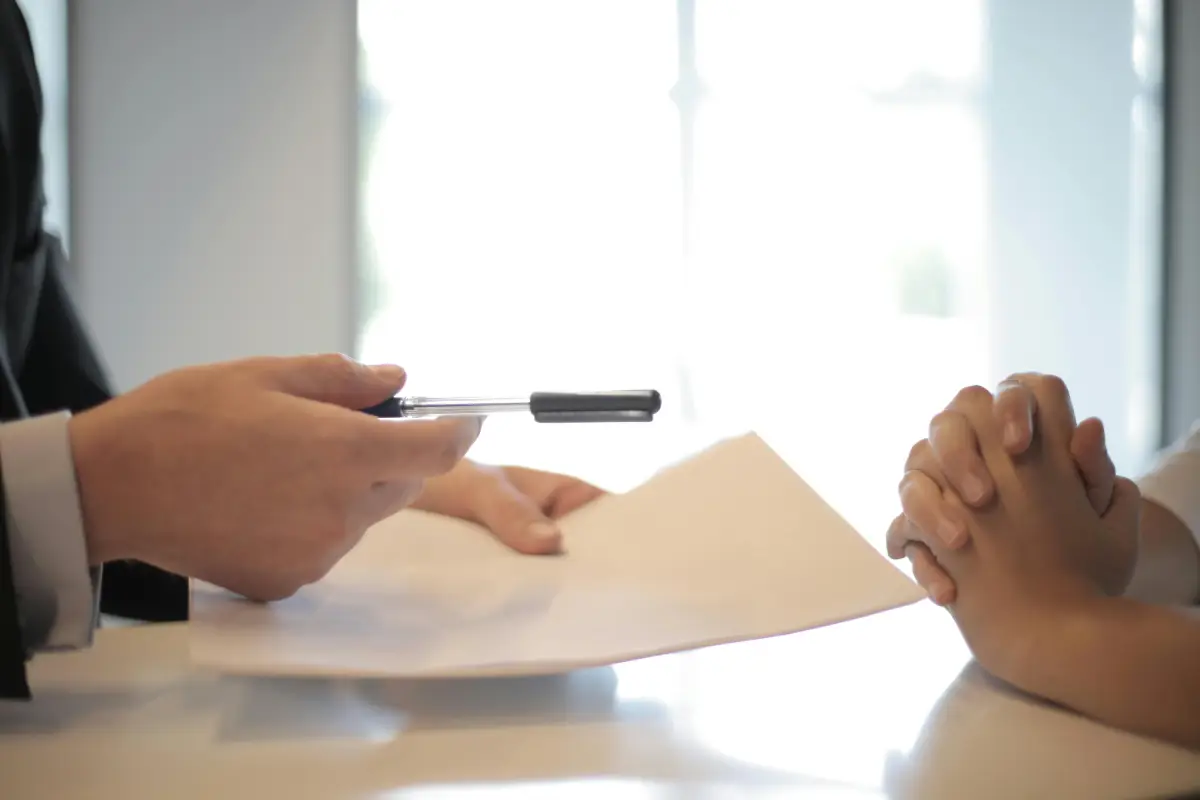
Spender or Saver, we all have a financial personality. However, that financial personality needn’t be set in stone and, in fact, you should challenge it when it comes to financial decisions – particularly the big ones. Stumbling into financial actions rather than making conscious financial decisions is a sure fire route to financial difficulties. Therefore, take some time to learn how to make big financial decisions by asking yourself these questions:
1. What’s your instinct telling you?
Listen to your instinct; it has something important to say. For example, even when you’re brimming with excitement as you browse that holiday brochure or website, you’ll still know if there’s an underlying gut feeling telling you that now is not the time to incur such an expense. This instinct should often be listened to when you’re facing a big financial decision, whether it’s a house purchase or a hard sell in a car sales room.
2. Have you done your homework?
Whilst that instinctive voice is important, research is more so. You should never undertake a big financial decision on a whim. Whether it’s researching which new washing machine has the best customer reviews, or considering different options and exploring all the avenues, you need to research. In the age of the internet this couldn’t be simpler. Get online and start researching, so that you’re never paying over the odds and you’re ensuring value for money.
3. Can I afford this?
The reality is that every financial decision needs to be taken within the context of whether you can truly afford it. Back to the washing machine, it may be nice to have the top of the range which is silent and super-fast but if your budget doesn’t allow it then it’s more sensible to choose a cheaper option. Generally speaking, if you need to borrow (even from yourself) then you can’t afford it and you’ll need to save first. And always save first, spend second.
4. Do you need to spend this?
It’s not unusual to suddenly find yourself having made a major financial decision without much actual thought. Stop, slow down, and consider if you really need to spend what you’re planning. Are there other options? Can it wait? If it can wait, let it for a while. Big financial decisions are rarely made appropriately on the spur of the moment. Sleep on it.
5. Have you weighed up the pros and cons?
For big financial decisions it is worth sitting down with a pen and paper and listing all of the pros and cons of particular options. In this way it’s easier to build a complete picture of your different options and the outcomes. It enables much better evaluation and therefore better informed decisions.
6. Have you spoken to the bill payer?
Ok, so you’re not 15. However, for all big financial decisions it is important to speak to everyone that the decision will impact on. This is particularly important within couples. Financial discord arises when one partner makes a financial decision in isolation. You need to discuss it, communicate, and make the decision together.
7. Have you made the right decision?
Imagine you’ve made the decision you’re pondering. Imagine the outcome. Are you happy with your choice? Asking yourself this question will give you great insight in to which path to take. Spend a day or two imagining the outcome of a decision and see how you feel about it.
8. Do you trust yourself?
When all the above questions have been asked and answered, it’s time to trust yourself and your ability to make the decision. We don’t always get 100% accuracy, and there’s rarely perfection, but as long as you’ve asked the questions above, then you stand the best chance of making the right decision for you.


